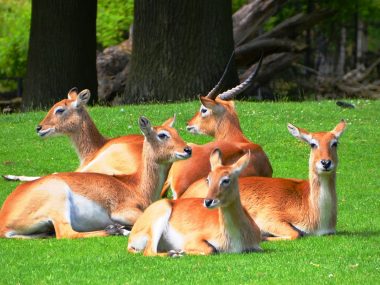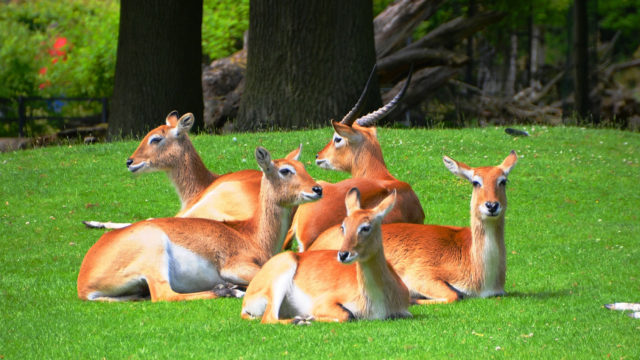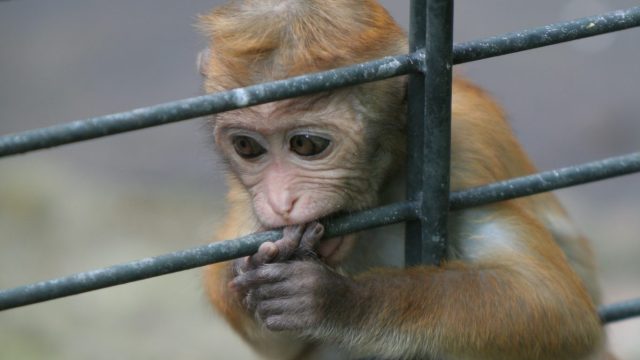
Stop the Hunt
Canned Hunt and "Trophy" Import Permit Tracker
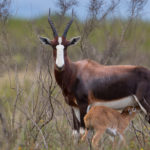

The Stop the Hunt campaign aims to end canned hunting and trophy hunting in the United States and across the world.
Take Action!
Join us in telling the U.S. Fish and Wildlife Service that canned hunting does not provide any benefit for endangered species and that these applications should be denied.
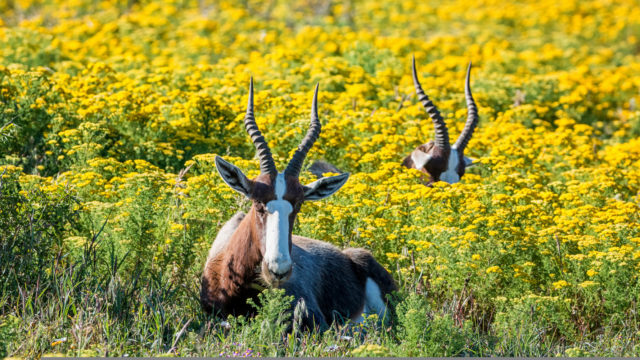
Canned Hunting and Trophy Imports
Hunters pay tens of thousands of dollars to kill captive, confined animals on private lands in so-called “canned hunts.” This cruel activity does not just take place in other countries, but in the U.S. as well.
In the U.S., hunters visit canned hunting ranches to kill threatened or endangered animals such as red lechwe, barasingha, Eld’s brown antlered deer, Arabian oryx, and Scimitar horned oryx. These operations profit off the importation or breeding of exotic and endangered animals by charging people money to kill them for “sport.” Hunters also travel to other countries to shoot captive-bred animals, such as lions, that are unavailable for canned killing in the U.S.
There is no sport to this cruel activity. And despite what the hunting ranches argue, canned hunting does nothing to enhance or benefit the threatened or endangered species.
Our Canned Hunt Permit Tracker lists permit applications submitted to the U.S. Fish and Wildlife Service (FWS) by canned hunting operations, as well as trophy import permit applications. Every year, Americans travel to foreign countries to kill endangered animals and then apply for a permit to import the “trophies” — the bodies of the dead animals — back into the U.S. Like canned hunting operations in the U.S., this practice does nothing to benefit animals.
Many import applications involve bontebok, an antelope primarily found in South Africa. These majestic animals were hunted nearly to extinction in the wild, but now are commonly farmed solely to supply trophies for hunters around the world.
By allowing the import of trophies from such hunts, the FWS is encouraging this practice — in contradiction to its statutory charge under the Endangered Species Act to further the interests and survival of endangered species such as the bontebok.
Related News
-
Meet the Animals You’re Protecting Through the Stop the Hunt Campaign!
Learn more about the lesser-known species routinely exploited by the trophy hunting industry.March 9, 2018 News -
CDC Seeks to End Program Using Monkeys in Research
The Animal Legal Defense Fund continues to advocate for animals suffering in research labsDecember 8, 2025 News -
Congratulations to the 2025 Student Chapters of the Year!
These awards celebrate chapters that have shown incredible efforts in advancing animal law and advocating for animals through original projects and initiatives. Animal Legal Defense Fund Student Chapters are a vital part of the growing animal law movement.December 1, 2025 Student Chapters
